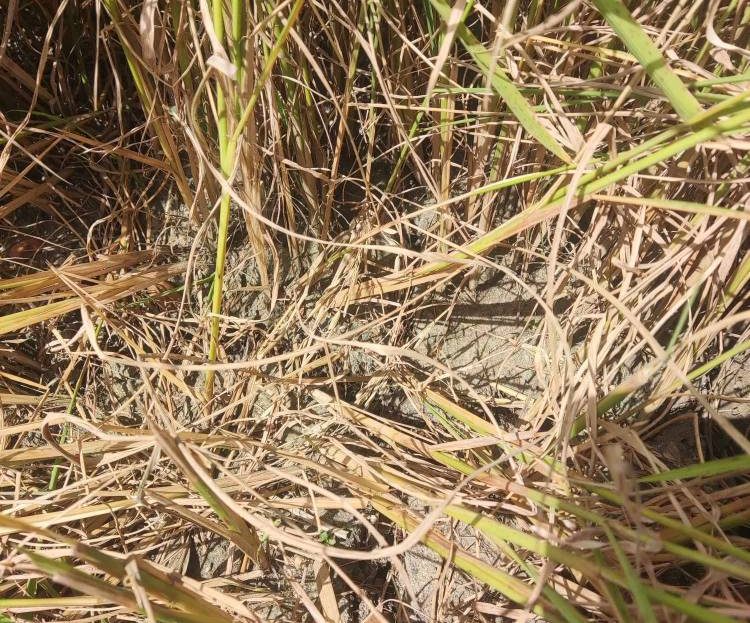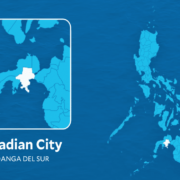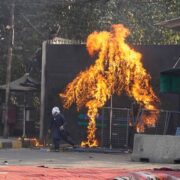In Negros Occidental, drought-hit farmers seek national government help

BACOLOD CITY—Officials of the sixth congressional district in Negros Occidental has sought assistance from the national government to assist farmers who have been the worst-hit by the long drought in the province.
According to the Office of the Provincial Agriculturist (OPA), the damage to rice and corn crops in Negros Occidental caused by the drought caused by the El Niño phenomenon has reached P197.1 million, with the sixth district accounting for almost two thirds, at P130.3 million, as of April 25.
Rep. Mercedes Alvarez of Negros Occidental’s sixth district said she sought the help of the Department of Agriculture (DA), Department of Social Welfare and Development (DSWD), and Department of Environment and Natural Resources (DENR) to assist the drought-hit farmers.
The DSWD, she said, has given food packs to the affected farmers.
“We’re also in talks with the DA for assistance to the farmers. Hopefully they will also grant our request for solar pumps and mini dams,” she said.
Alvarez said they also asked the DA to conduct cloud seeding but said the operation was not likely to happen.
The DA has earlier said they could not do a cloud seeding since there was no visible cloud in the area that could be seeded.
According to Alvarez, she was also asking the DENR for tree seedlings for the continuation of the tree planting program in southern Negros.
Alvarez said she has purchased a water tanker to augment the local government’s delivery of water to drought-affected residents.
In the sixth district, damage to rice crops in Cauayan town was placed at P66,139,789; P2,525,595 in Hinoba-an town; P1,697,533 in Sipalay City; P7,487,370 in Ilog town; P41,910,361 in Kabankalan City; and P10,300,773 in Candoni town.
For corn crops, Sipalay City sustained damage amounting to P243,356, the OPA reported.
Sizzling hot
The Philippine Atmospheric, Geophysical and Astronomical Services Administration (Pagasa) has earlier said that the dry spell and the extreme heat experienced in Negros Occidental and in many parts of the country were projected to last until May.
In Zambales province, the hot weather still prevails in the area on Monday, following Sunday’s extremely dangerous heat index of 53 degrees Celsius.
In its forecast, Pagasa said the heat index in Zambales would remain at a dangerous level, peaking at 42°C on Monday.
It was, however, cooler than the extremely dangerous heat index logged in the province’s capital town of Iba the previous day.
Pagasa said a heat index of at least 52°C is already categorized as within the “extreme danger” level and could easily lead to heatstroke when exposed to the sun for a long time.
Heat index is the degree of high humidity and air temperature felt by an average person.
The 53°C recorded in Iba, Zambales, on Sunday was the highest in the country so far this year as a result of the El Niño weather phenomenon. —REPORTS FROM CARLA P. GOMEZ AND JOANNA AGLIBOT INQ

















